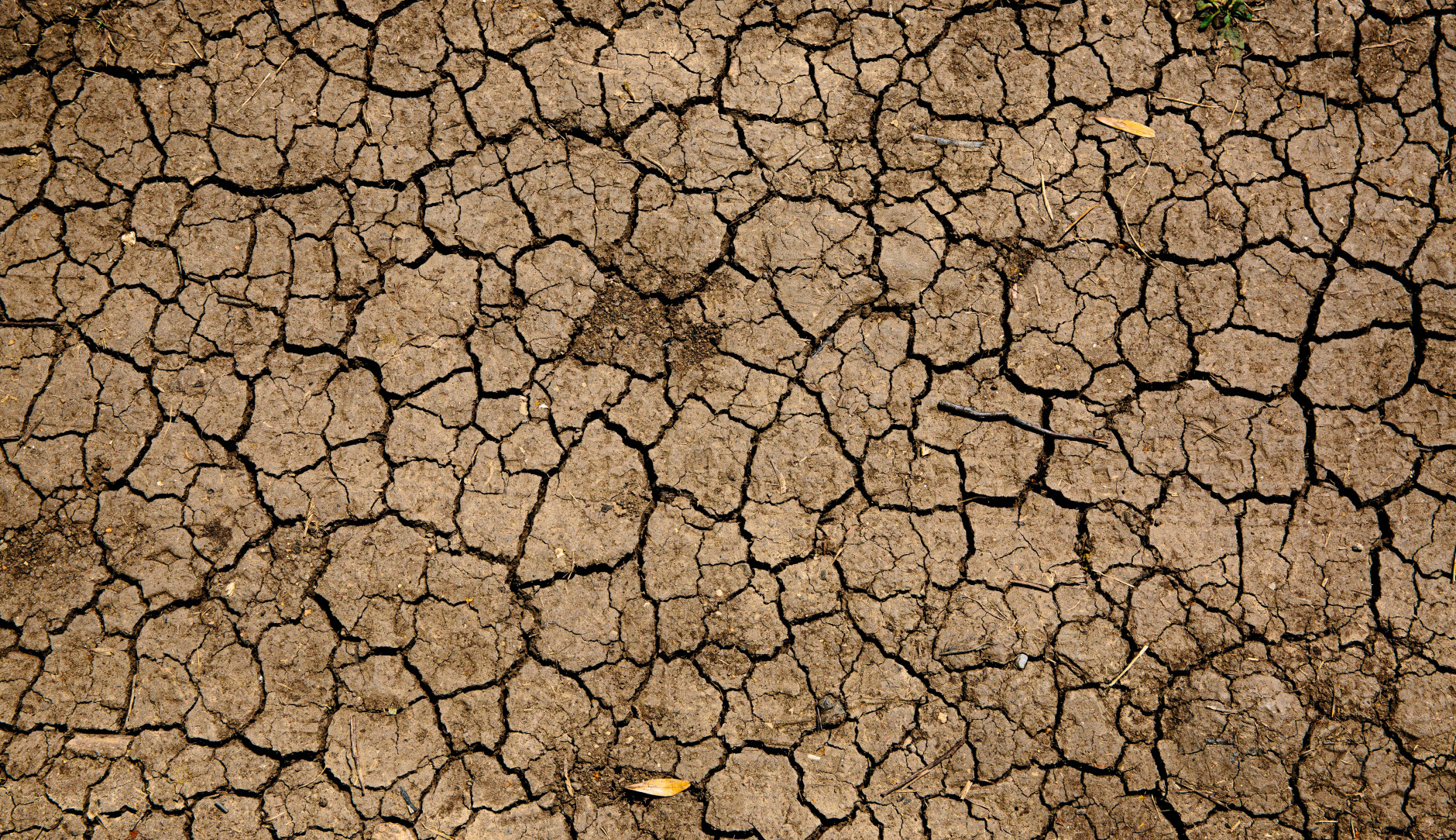Escalating Climate Crisis: Spain and the Mediterranean Call for Urgent Action
As temperatures rise and weather becomes more extreme, we must see and use our vote as a powerful tool for climate change mitigation.

In Spain’s southern city of Córdoba the barometer reached a new April temperature record of 38.8°C, at the same time, further east near Valencia wildfires tore through 4,000 hectares of brush. Before even entering into May, Spain faced heat waves and fires - an ominous sign of changing climatic conditions that is feeding into the increasing desertification of the country. Drought is affecting water availability, with reservoirs reaching unprecedented lows, affecting local communities’ access to water and farmers’ ability to irrigate their fields. One of Europe’s largest agri-food exporters, Spain is bracing itself for reduced production this year, something that could further increase the price of food products across the EU.
The Mediterranean region tells a similar story.
Following record-setting marine heatwaves in the Mediterranean in 2022, scientists have been monitoring equally record-breaking sea surface temperatures across the world’s oceans since the new year was rung in. Commenting on the increasing temperature Dr Robert Rohde, Lead Scientist at Berkeley Earth writes, “For the last month [sea surface temperatures have] been continuously reading higher than in any previous year and still shows no sign of settling”. Oceans are critical to the Earth’s ecosystem services - such as carbon absorption and oxygen production - but also supports 3 billion people, the economies of countless nations and contributes over $2.5 trillion to global GDP. In Europe the ocean keeps 4.45 million people employed, generates around €667.2 billion in turnover and €183.9 billion in gross value added. A warming ocean puts this all at risk, and much, much more.
Listening to scientists, activists, and even the EU’s climate chief, Frans Timmermans, there is not enough collective, ambitious action taken on climate. Successive UN climate summits (COPs) have come and gone, providing lawmakers with a small platform to discuss slow-moving policies that often do not take into account the voices of young people, indigenous communities, or developing countries. As a result, the original Paris Agreement goal of limiting global warming to 1.5°C by 2100 is not likely to be met, with indications it could reach 3°C by the end of the century, putting a vast majority of the world under an increasingly unfair strain.
Where climate change has impacted vulnerable communities for decades, it has only begun to take hold in developed economies, but even now our response is slow. Consecutive years of extreme weather events - let they be droughts, floods, fires, snow, etc - are brushed aside as anomalies. Will the same be done with the developments we are seeing in Spain or the world’s oceans? We cannot continue to let these moments go by without taking action. Reacting to immediate concerns and disasters should not replace taking holistic approaches to resilience-building, mitigation, and adaptation. The collective outcry we let out regarding inflation and increasing prices of consumer goods will not be abated by climate change while financial institutions aren’t bullish on the economy’s chances against an unabated climate crisis.
So what can we do?
The simple answer is vote. Climate issues are human rights issues, and affect every part of society. As such, our civic duty as citizens is paramount, and we must see and use our vote as a powerful tool for climate change mitigation. We should strive to take ambitious action on sustainability issues and support political parties and movements committed to challenging the status quo.Waiting for international policy to dictate the next course of action on climate will take too long, change needs to happen at a local scale.
Volt proposes a faster decarbonisation of our economy through increased renewable energy production, the liberalisation of energy markets across the Bloc, and removing subsidies for fossil fuels while implementing EU-wide phase-out targets. The tax revenue and cost savings of these measures would fund innovative green projects and encourage entrepreneurship within the circular economy. These would form a baseline on which to build further climate policies such as instauring carbon markets and relevant regulations for mass transport industries, future-proofing critical infrastructure and identifying opportunities to support the global transition to net zero.
Outside of concerted political action, climate conscious individuals can also look at their own choices and find opportunities to mitigate their impact and that of their community. Our civic duty as citizens should lead our efforts. From the purpose we give to our work or volunteering, to the conversations we have as well as the events happening within our local communities - we should embrace the opportunities to share with one another, to empower each other, identify and implement the sustainable solutions around us. We should also listen to the voices of communities impacted by climate change.
It pays to remember that the European Union has a large geographic footprint thanks to the territories and dominions of France, the Netherlands, and Portugal - all of which are on the frontlines of climate change, depend on ocean resources, and yet have very little representation within national or international discourse on climate. We owe it to our own neighbours as well as the global community to take strong action on climate. The intertwined nature of our socio-economic system means we depend on each other whether we realise it or not, and our collective failure to act on climate is creating an uncomfortable international situation exacerbated by a lack of ambition to tackle the problem. As such we must lead by example - we must vote, we must take action, and we cannot continue to sweep climate change under the rug, lest more people find themselves in the throes of the crisis.
Article by Vincent Diringer.